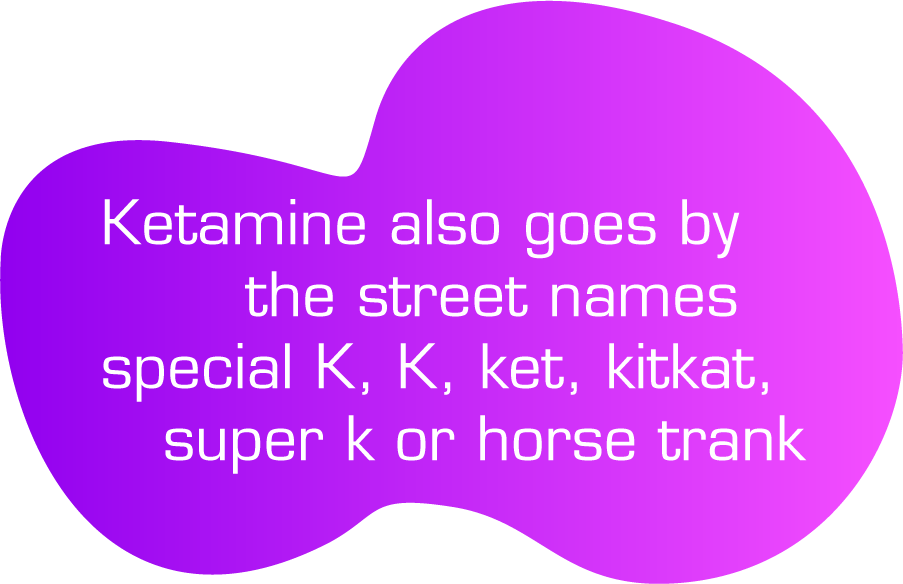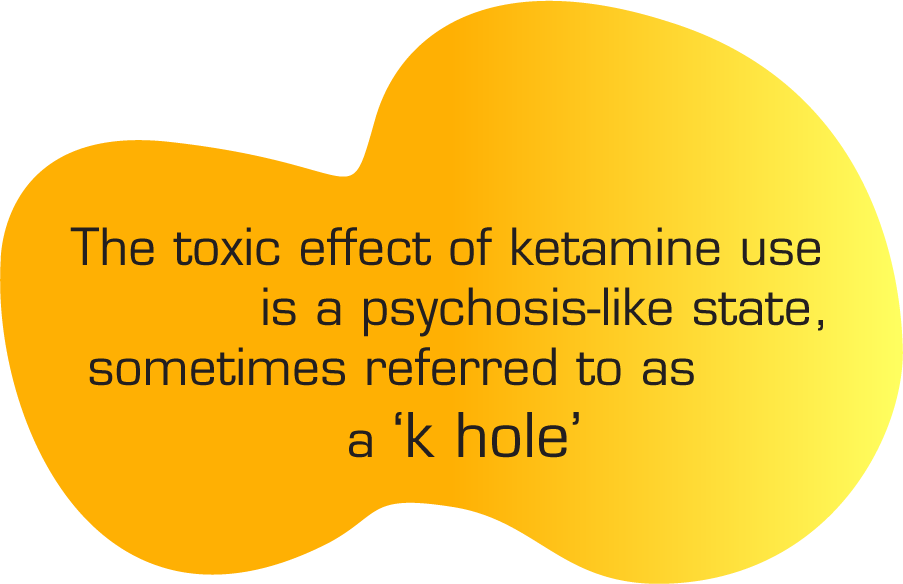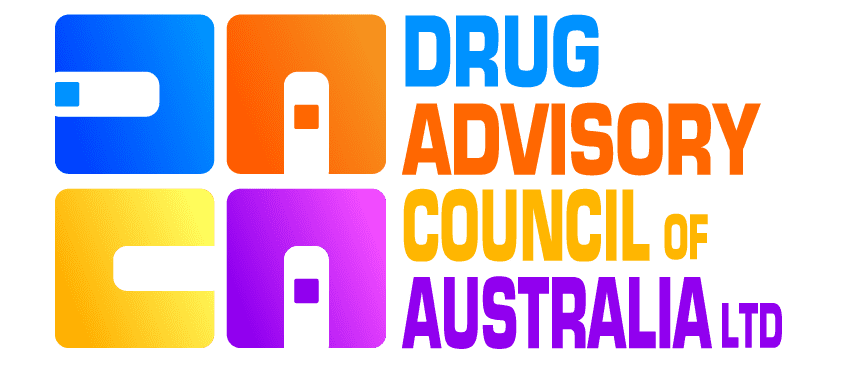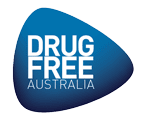Drugs Explained


Ketamine
Ketamine is a dissociative general anaesthetic, classed as a hallucinogen.
Doctors and vets use ketamine because it produces analgesia (pain relief) and amnesia. It is also sometimes described as a horse tranquiliser due to its use in veterinary medicine.
Ketamine usually comes as a white crystalline powder, but it can also be made into tablets or dissolved in a liquid. Ketamine is snorted, although it can also be swallowed, smoked or injected.
What are the effects of Ketamine?
The effects of ketamine may be experienced within 30 seconds if injected, 5 to 10 minutes if snorted, and up to 20 minutes if swallowed. The effects of ketamine can last for approximately 45 to 90 minutes
Short Term
- A sense of euphoria and well-being
- Hallucinations
- Increased libido
- Dissociation
- A sense of floating
- Drowsiness
- Nausea and vomiting
Coming Down
The day following ketamine use, a person may experience:
- Memory loss impaired judgement
- Disorientation
- Clumsiness
- Aches and pains and depression
Long Term
- Headaches
- Flashbacks
- Poor sense of smell (from snorting)
- Mood and personality changes, depression
- Poor memory, thinking and concentration
- Ketamine bladder syndrome – a painful condition which can cause ulceration of the bladder
- Abdominal pain
- Needing to use more to get the same effect (tolerance)
- Dependence (ADF, 2019)

What are the risks?
Mixing ketamine with other drugs
The effects of using ketamine with other drugs, including over the counter prescription medication, is highly unpredictable.
The use of ketamine with psychostimulants (amphetamine, ecstasy and amphetamine) can put enormous strain on the heart, increasing the risk of a cardiovascular event.


Toxicity and overdose
There have been deaths associated with ketamine overdose, but they have been predominantly attributed to polydrug use. Signs of overdose include:
- Fast heart rate (tachycardia)
- Hyperthermia
- Nausea
- Blurred vision
- Tremors
- Confusion
- Delusions
- Anxiety
- Severe agitation
Dependence and withdrawal
There is an established ketamine dependence and withdrawal syndrome. Withdrawal symptoms usually last for four to six days, they include:
- Anxiety
- Sweating
- Heart palpitations
- Cravings for Ketamine
- No appetite
- Tiredness
- Restlessness, temors (ADF,2019)
Mental Health
Hallucinogens have the potential to give rise to psychotic symptoms, sometimes known as a ‘bad trip’. It’s been found that following a single dose healthy volunteers can experience both positive and negative psychotic symptoms.
Daily users of ketamine experience psychotic-related symptoms, especially among people who have a history of mental illness:
Psychotic symptoms can be triggered in some people (e.g. those with schizophrenia)
Treatment
There is a lack of research on the treatment of hallucinogen dependence. Some treatments for other drugs like psychostimulants may be appropriate.
The effectiveness for cognitive behavioural therapy (CBT) for the treatment of psychostimulant and cannabis dependence suggests that it might be useful for ketamine dependence.
Get Help
If you, or someone around you, is experiencing undesired or distressing psychological or physical symptoms from the intake of alcohol or other drugs please seek immediate medical attention.
If you need urgent help from ambulance services call Triple Zero (000). If a person has been mixing drugs with alcohol or other drugs, tell the paramedic exactly what has been taken.




